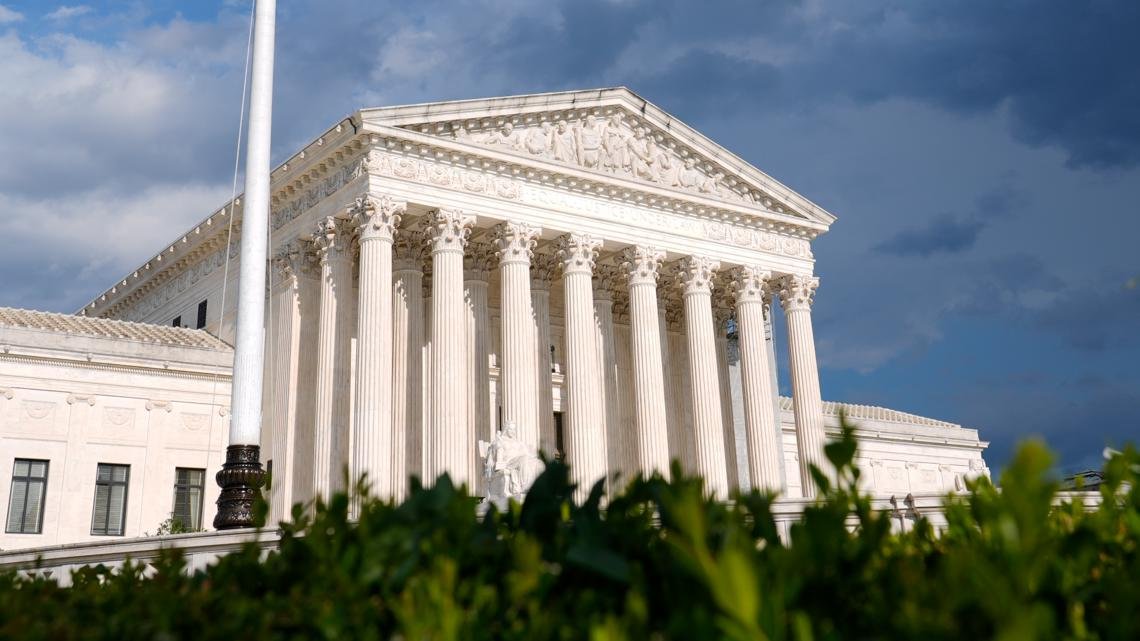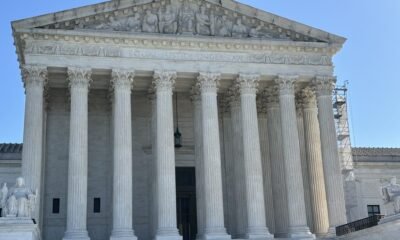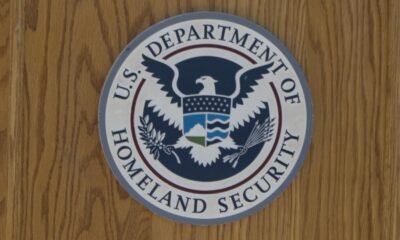cct-tracking
Supreme Court to Rule on Birthright Citizenship and 5 Key Cases This Friday

WASHINGTON — The Supreme Court is convening Friday to address crucial cases, including President Donald Trump’s attempt to enforce an executive order that denies birthright citizenship to U.S.-born children of undocumented parents.
The court will meet at 10 a.m. for its final public session of the term, resuming on October 6. Three lower courts have blocked the birthright citizenship order nationwide. In response, the Trump administration has made an emergency appeal to the Supreme Court, seeking to limit these injunctions that stymie its policy changes.
One key consideration for the justices is whether to restrict judges’ ability to issue nationwide injunctions, a legal tactic that has complicated matters for both Democratic and Republican administrations over the past decade.
These blanket court orders have served as a significant counterbalance to Trump’s initiatives, leading to growing tension between the administration and the judiciary.
Additionally, the court is expected to issue rulings on other significant cases. It appears inclined to side with Maryland parents in a dispute regarding religious rights and LGBTQ storybooks in public schools. Parents in Montgomery County aim to withdraw their children from classes that incorporate these books, which were added to enhance diversity in the curriculum. Initially, the school system allowed opt-outs but later scrapped the policy due to disruptions.
The justices are also revisiting a contentious issue surrounding congressional district maps in Louisiana, which marks its second appearance in front of the Supreme Court. The map in question created a second Black majority congressional district, electing a Black Democrat in 2024. Lower courts have invalidated two prior maps since 2022, and the justices must decide whether to compel state lawmakers to redraw the boundaries yet again.
This situation underscores the complex relationship between race and political boundaries, particularly as the court has shown hesitance to prioritize race in such matters.
Another prominent case addresses free speech rights within a Texas law aimed at restricting minors’ access to online pornography. Texas’s law is part of broader efforts by various states to implement age verification measures. The court must determine whether the law undermines the constitutional rights of adults, as it mandates personal identification that could expose individuals to privacy concerns.
These cases illustrate the delicate balance the Supreme Court must strike between upholding legal precedents and catering to contemporary societal issues.

















